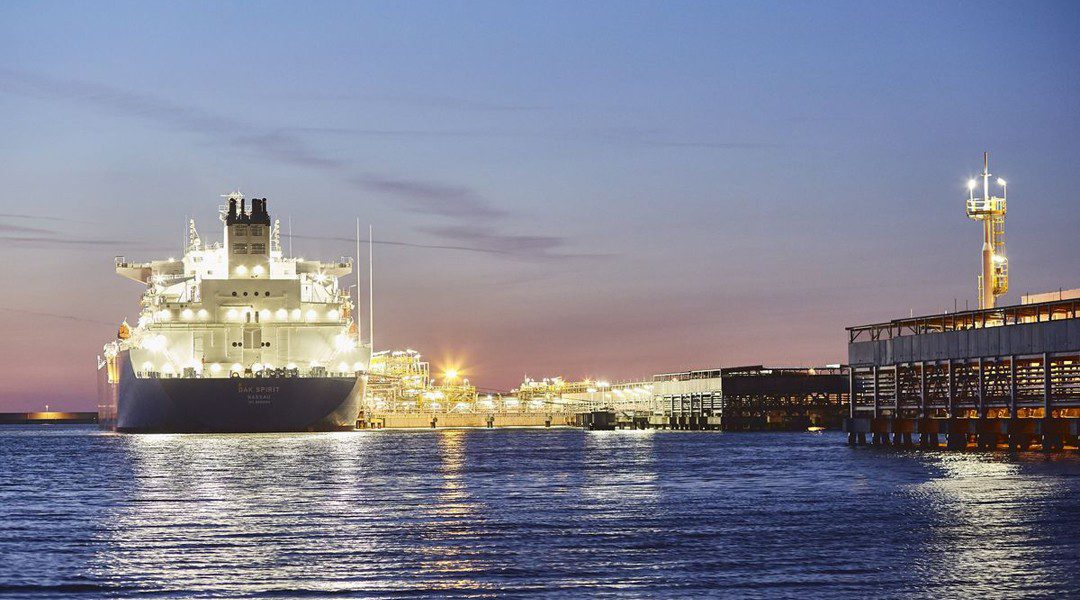Asia’s high sulphur fuel oil market was little changed on Wednesday with cash differentials steadying, while residual stocks at the UAE’s key trading hub Fujairah climbed 2% week-on-week.
The 180-cst HSFO cash differential (FO180-SIN-DIF) inched 2 cents higher to a premium of $1.51 per tonne to Singapore quotes, while the 380-cst HSFO cash differential (FO380-SIN-DIF) gained 17 cents to a discount of 41 cents per tonne on Wednesday.
The market has been fluctuating in a narrow range as average bunkering demand for the grade balanced out the slightly lower supplies from the Middle East to Asia this month.
Singapore ex-wharf 380-cst bunker fuel premiums have been largely stuck in single-digit premiums to cargo quotes for the bulk of October, traders said.
In contrast, the cash differential for very low sulphur fuel oil (VLSFO) eased further for a fourth straight session on Wednesday as projections of more supply weighed. (MFO05-SIN-DIF)
Apart from an uptick in arbitrage low-sulphur arrivals from the West, China’s September fuel oil output rose 5.6% year-on-year to 4.58 million tonnes, customs data showed.
The country’s exports of very-low-sulphur marine fuel rose 30.5% year-on-year to 1.9 million tonnes in September, data this week showed.
FUJAIRAH INVENTORIES
Residual fuel oil stocks at Fujairah rose 2% to 13.40 million barrels (1.94 million tonnes) in the week ended Oct. 24, data from the Fujairah Oil Industry Zone showed.
Stocks built to a 16-month high two weeks ago as Russian barrels continued to head towards the Middle East, while bunker fuel demand at Fujairah slowed.
OTHER NEWS
Oil prices eased on Wednesday after industry data showed U.S. crude stockpiles rose more than expected, though supply worries capped losses.
Indonesia will only allow the sale of gasoline with a minimum 90-octane (RON 90) classification starting from 2023, as the country shifts to cleaner fuels, its downstream oil and gas regulator said on Wednesday.
The Baltic Exchange’s dry bulk sea freight index (.BADI), which tracks rates for ships carrying dry bulk commodities, extended its decline to a fifth straight session, weighed down by a dip in rates across vessel segments.






